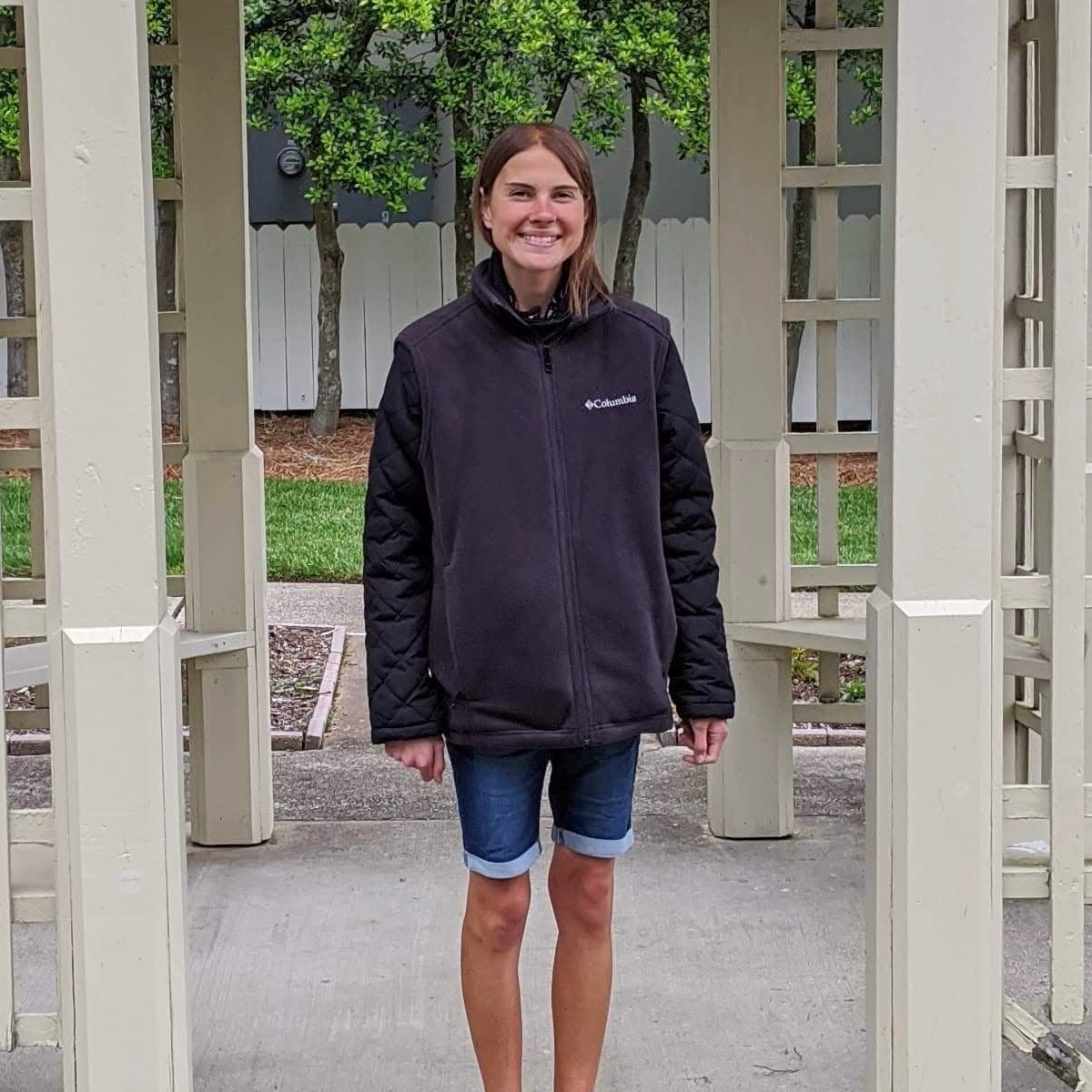Proverbs 31:8-9 tells us, “Speak up for those who cannot speak for themselves, for the rights of all who are destitute. Speak up and judge fairly; defend the rights of the poor and needy.” This passage from the Old Testament gives us profound truth that affects us in our present-day lives.
Even though these words were written a long time ago, they are still applicable to us today. With the question in mind of whether we are supposed to speak for those who cannot speak for themselves, we need to turn to the Bible.
Speaking Up for Others
The Bible tells us clearly in Proverbs 31:8-9 that we need to speak up for those who cannot speak for themselves. This includes the truth that we need to speak up for those who cannot speak up for their own rights, such as the rights of the poor, needy, and destitute.
As someone who lives in an urban area, there are always people in need of help. The poor and needy are often homeless, but not always. As Christians, we need to have our eyes open and care about these individuals.
We don’t need to turn a deaf ear to the needs of others. Instead, we need to listen to them, care for their needs, and actually help them.
Speaking up for those who cannot speak for themselves means standing up for the rights of the poor, needy, and destitute. This can be the homeless, a struggling mom, or a family in poverty. Never overlook those who may need help.
As in the case of the homeless, we can speak up for their rights by donating food, resources, and clothing to homeless shelters. We can also educate others on helping the homeless. It is incorrect to believe that everyone who is homeless is lazy, a drug addict, or an alcoholic.
Even if the person has problems with motivation, addiction, or alcoholism, we still need to be there to help them. While we cannot take away their problem for them, we can walk by their side and be the hands and feet of Christ to them.
Some other individuals cannot speak up for themselves, such as the mentally ill or mentally disabled. For those who struggle with paralyzing mental illnesses, we need to speak up for them. We can do this by educating others on the importance of mental health as well as educating them on various mental illnesses.
In addition to advocating for and speaking up for those with mental illnesses, we also need to speak up for those with physical problems as well as the elderly. Society tries to quickly exterminate those with difficulties, but as believers, we need to stand up for their rights.
It is a sad truth that many individuals in the western world will send their elderly parents to hospice or rest homes when they get too old. There are times when individuals need this kind of facility, but we should not be quick to check our parents, grandparents, or other loved ones into end-of-life facilities.
We need to stand up for their rights and speak up for them even if they can’t speak up for themselves. My grandfather on my mom’s side had Alzheimer’s when I was really young. Due to him having Alzheimer’s, my mom placed him in an assisted living facility. Sadly, this assisted living facility was not the best place and caused my grandfather much pain and abuse.
Since he had Alzheimer’s, he would quickly forget what happened even though he was being treated abusively by the staff. Not all assisted living facilities are like this, but it is important to do proper research into the facility if you have to place a loved one in an assisted living facility.
Nonetheless, my mom had to speak up for the rights of her dad since he couldn’t speak up for his own. In the same way, we, as believers, need to advocate and speak up for the rights of those who are struggling in various ways.
Defending Rights
If we look back at Proverbs 31:8-9, part of the latter half tells us, “Speak up and judge fairly; defend the rights of the poor and needy.” As this passage tells us, we need to defend the rights of the poor and needy.
As mentioned, homelessness can be a confirmed sign of poverty and need; however, we can also see others who are poor and needy in our own community, even if they might live in a house.
As someone who struggled with poverty growing up, poverty is not always so easily seen. We need to have our eyes and hearts open to the leading of the Holy Spirit to help us as we help others.
Defending the rights of those who cannot speak up for themselves means going against the grain and sometimes even going against the medical system. When my mom was in the hospital after her heart attack, I remember the doctors telling my family and me that she was going to be brain dead.
This ultimately tried to convince us there was nothing they could do to help her. As it was, they were wrong, and my mom was very much alert.
However, when my mom code blued while my sister and I were in the Intensive Care Unit (ICU), she may have not been resuscitated if it wasn’t for my sister and I screaming that she was a full code, signing papers, and verifying our identity.
In this way, it is important that we speak up for those who cannot speak up for themselves because it could save their life.
There is a recent movement of medically assisted suicide, which is common in many places across the world. Even though this has become an outlet for many individuals, it is important that we don’t endorse this practice.
While medically assisted suicide has become legal and gives the appearance that it is helping the person get out of pain, it is not right.
We need to speak up for the rights of these individuals’ lives. There is no need for medically assisted suicide because medical professionals need to do all they can to help the sick person to get well.
What Does This Mean?
Therefore, we need to speak up for the lives of those who cannot speak up for themselves. In matters of homelessness, poverty, medical issues, mental illnesses, and medically assisted suicide, we see the need to speak up for those who cannot speak up for themselves.
We can also see this in the matter of abortions. Millions of unborn babies have died as a result of abortion. Whether freely chosen by the mother or forced, abortions are ending the lives of millions of unborn babies each year.
As followers of Christ, we need to speak up for those who cannot speak up for themselves. An unborn baby in its womb cannot speak up for itself; thus, we need to advocate for the unborn baby’s life.
Not only do we need to advocate and speak up for its life, but we also need to speak up for the life of the baby’s mother. There are many reasons behind abortion, and without knowing the cause of the choice to have an abortion, we need to stop throwing stones and choose to listen.
Listening, caring, and being nonjudgmental shows the love of Christ to others. Choose to speak up for those who cannot speak for themselves because it is what God wants us to do.
For further reading:
What Does the Bible Say about the Poor?
How Is it That the Meek Shall Inherit the Earth?
How Can We Speak Life into a Broken World?
Photo Credit: ©iStock/Getty Images Plus/LightFieldStudios










